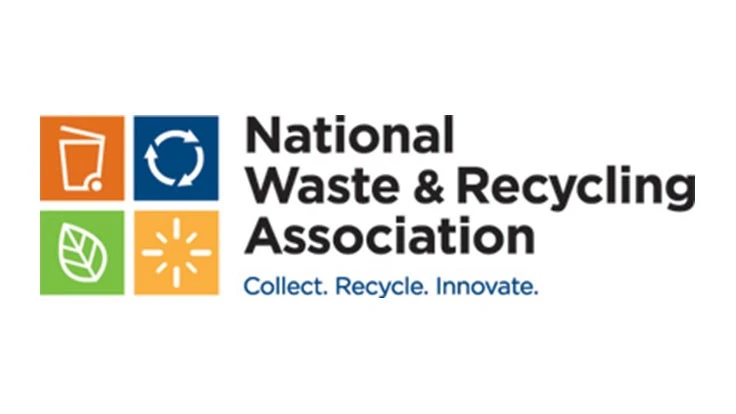
Image courtesy NWRA
The National Waste & Recycling Association (NWRA), Arlington, Virginia, joined other organizations in a letter to congressional leaders urging them to oppose the expansion of the Net Investment Income Tax (NIIT) in reconciliation legislation.
NIIT is a 3.8-percent tax on investment income that usually only applies to high-income taxpayers. It also may apply to estates, families, individuals and trusts that meet certain tax income thresholds. Generally, this includes interest, dividends, capital gains, rental and royalty income and nonqualified annuities, according to the Internal Revenue Service.
The expansion would include the 3.8-percent tax to income earned by pass-through businesses, generally small businesses, over $400,000 annually.
The letter was signed by groups like the Plastics Industry Association, American Bankers Association and the Tire Industry Association. The group says the expansion would expand the 3.8-percent Net Investment Income Tax to individuals and families members who participate in their business. It would also limit the ability of small, individually and family-owned businesses to fully deduct their losses during an economic downturn by expanding and extending the excess business loss limitation for noncorporate taxpayers.
The group says while expanding the NIIT is sometimes characterized as closing a tax loophole and that it would increase Medicare funding, neither of these claims is true. When the NIIT was created as part of the Affordable Care Act, it was meant to apply to investment income only. The business income of small, individually and family-owned firms where the owners ran the business was exempted and does not constitute a loophole.
Furthermore, attributing the revenues raised by its expansion to Medicare would likely violate the Byrd Rule, the Senate budget rule for determining what can be included in a reconciliation bill and what cannot, according to the letter.
“Raising taxes on small and family-owned businesses with the economy on the brink of a recession, a situation which is compounded by the other post-pandemic challenges they are facing, harms not only these businesses but the families and communities who rely on them,” says NWRA President and CEO Darrell Smith. “We urge Congress to reject these tax increases and support policies that encourage investment and job creation.”
Get curated news on YOUR industry.
Enter your email to receive our newsletters.
Latest from Construction & Demolition Recycling
- US Senate backs reduced cuts to EPA
- US EPA offers brownfields-related funding
- Sky Quarry seeks crowdfunding support
- Caterpillar releases the new Cat 980 GC Wheel Loader
- NAPA leaders participate in USDOT roundtable
- Yanmar CE launches full line of compact equipment
- Metso reports increased orders after flat H1
- Block Island Recycling Management Inc. aims to promote environmental stewardship






